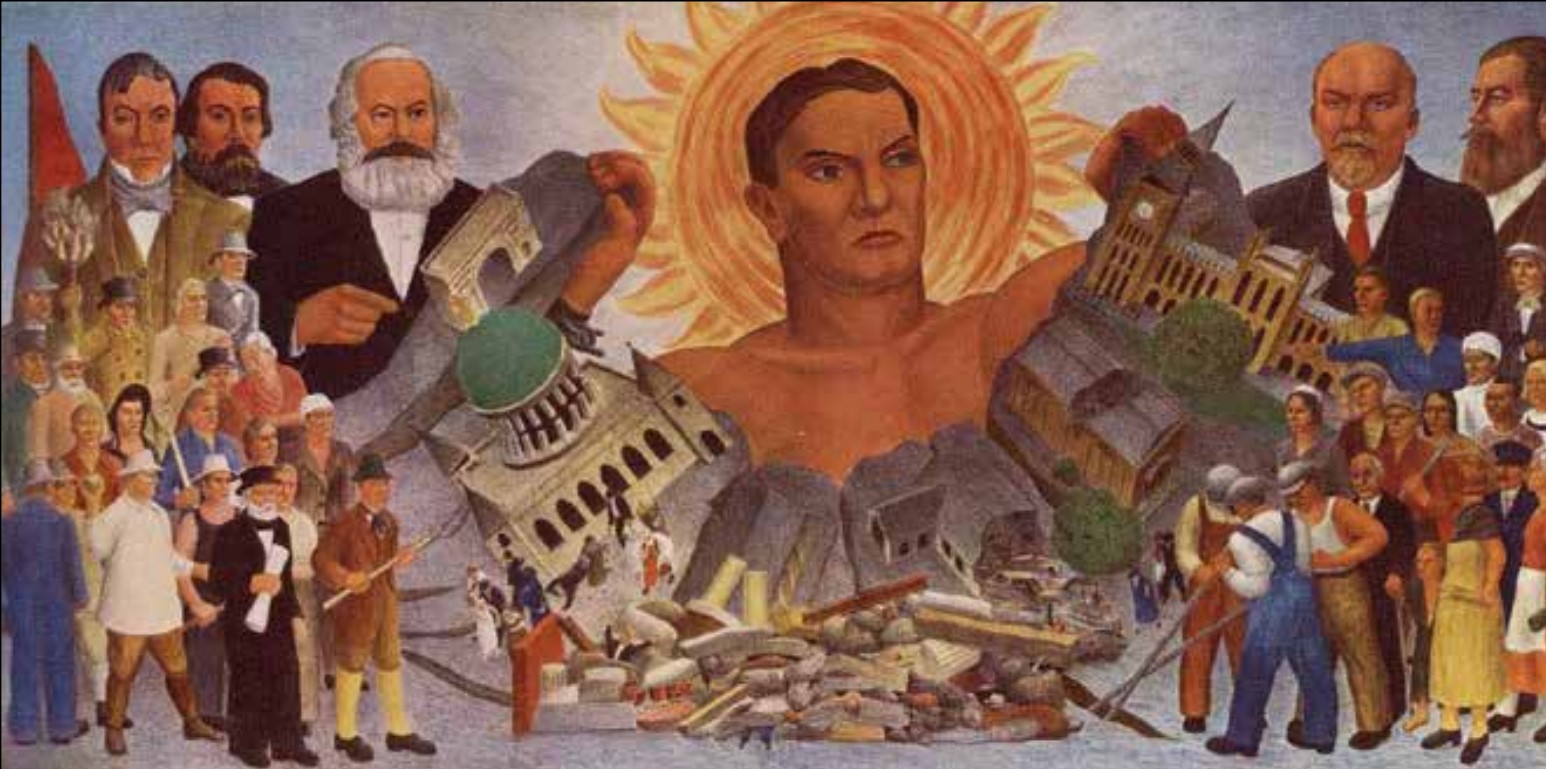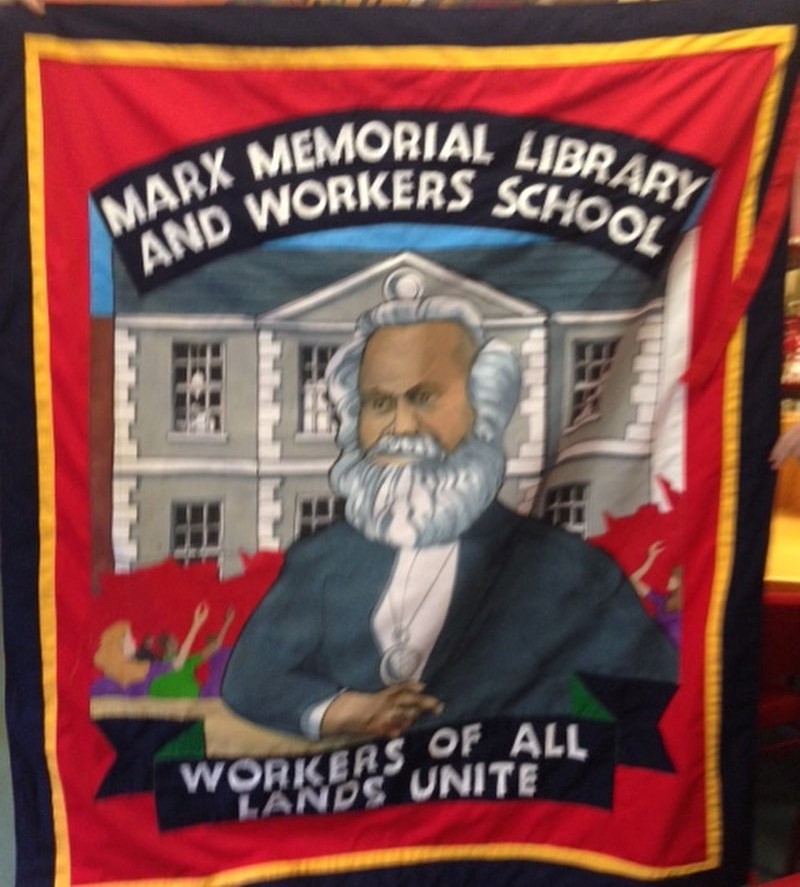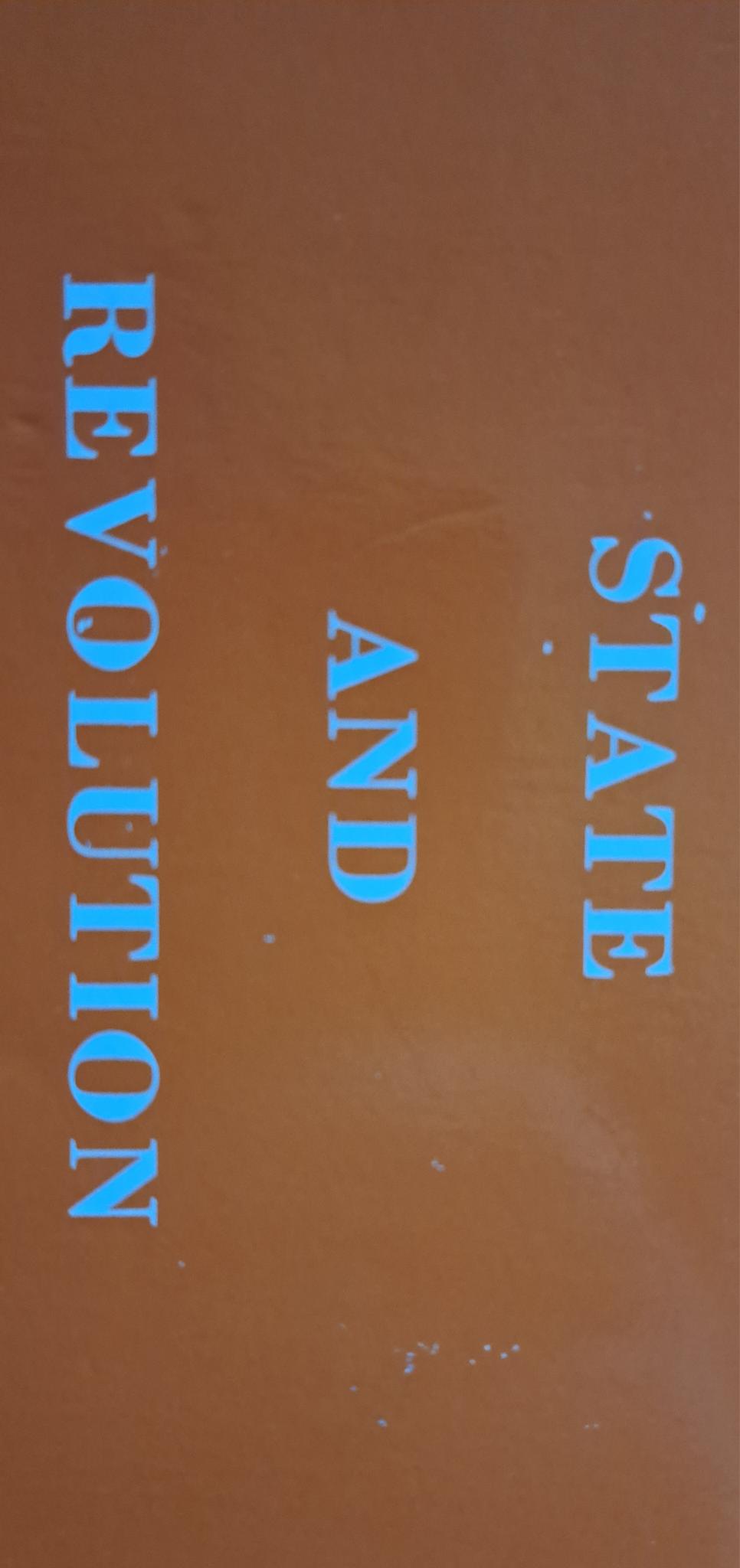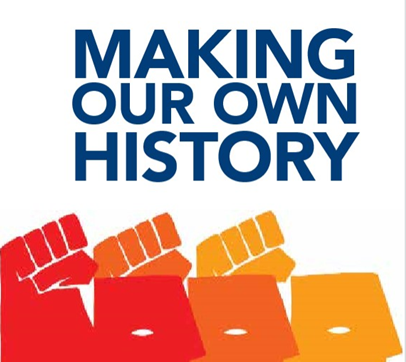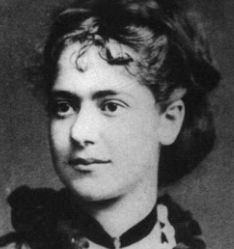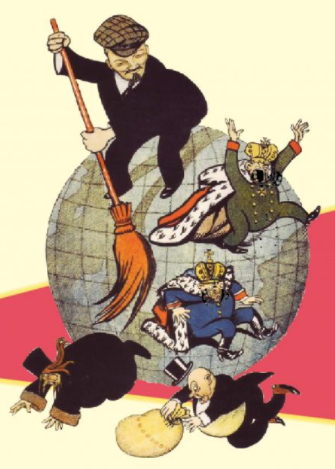This eight-week course seeks to understand trade unions as operating today and does so within a historical perspective of the past century. It examines why people join trade unions, why they become active trade unionists and what determines the effectiveness of trade unions in representing the interests of their members.
The course seeks to answer these questions within the wider context of Britain as a class society and with an understanding of the process by which the exploitation of wage labour takes place. Using historical examples, it examines those occasions where the trade union movement has been able to achieve major victories for working people – as well as the tactics of employers and governments in seeking to reverse these victories.
It also examines exploitation, how all workers are exploited and what constitutes the working class; stresses the importance of trade union activity but also argues that wider political mobilisation of working people as a class has always been essential to secure structural advances.
By the end of the course you should be able to demonstrate:
· greater knowledge of the origins of the trade union movement;
· the relationship between trade union organisation and class organisation;
· how trade unions have transformed the balance of power in capitalist societies;
· how capitalist societies have sought to control and neutralise trade unions;
· the new challenges facing trade unionists today.
The four classes are:
1. Trade unions today and yesterday
2. Exploitation
3. Turning points for the Trade Union movement
4. How the ruling class has fought back - and the limits to its power
The course provides participants with online materials and asks for contributions to an online written discussion of a different set of questions each week. This is supplemented on every other Tuesday at 7pm by a Zoom discussion led by the tutors. Otherwise your participation, through your use of the Moodle materials and response to questions and discussion points, can be at the time of your choosing.
The course is based on the principle of mutual learning from participants, who are drawn from a range of occupations, age groups and levels of understanding and practical engagement. Don’t undervalue your own knowledge and experience. It matters. Others can learn from it. And don’t feel compelled to write long responses unless you want to (and sometimes you may).
First read the introduction to the class and the sources marked as essential. Be selective with the supplementary material, according to how much time you have for reading and viewing. You will be guided to the discussion forums, where you are encouraged to use your own experience as well as the sources to answer the question. Please also comment (needless to say, in a comradely fashion) on others’ thoughts. A tutor will take part and respond to the debate. You can type directly into the forum or copy and paste from a word processor.
Zoom calls are sent both to your Moodle message box and by email. Attendance at the zoom tutorials is not essential but participants usually find them useful and enjoyable. The tutorials, of about an hour and a quarter, are usually in three parts: a first session for all students together in which you can share something you have learned, raise questions about the content of the class, including the key words and multiple choice questions, and let the tutors know what you thought of the sources. After a break-out session in smaller groups, a final full session hears reports back from the groups and includes any further questions and discussion and a brief introduction to the next class
